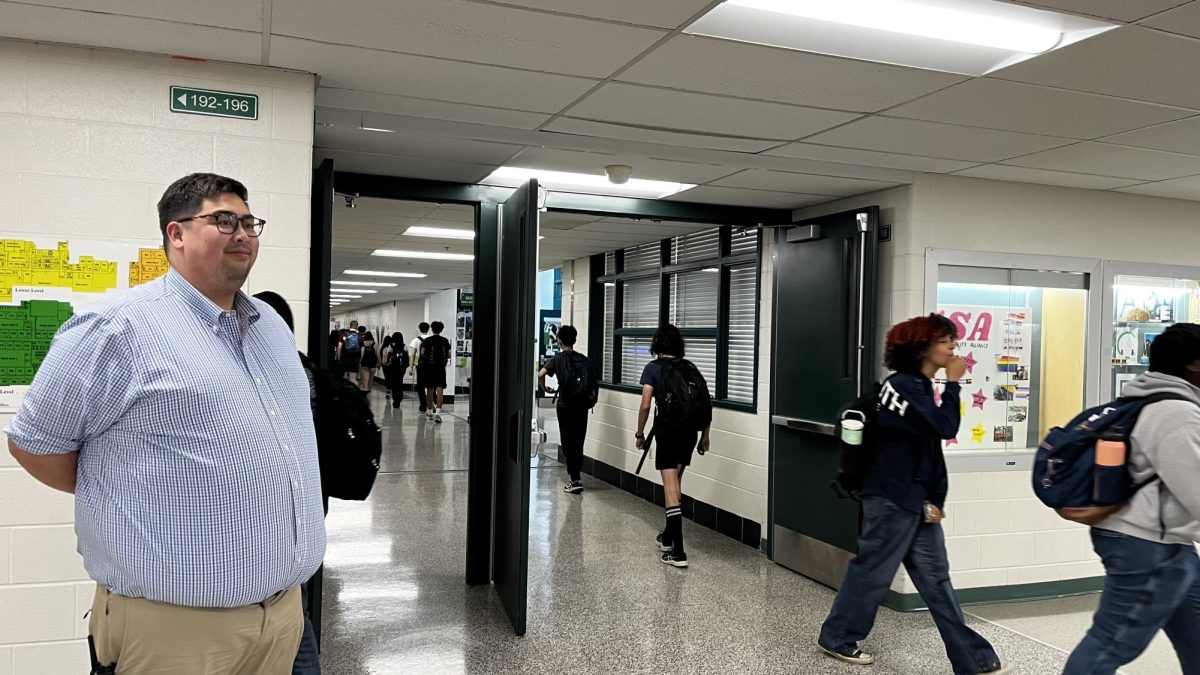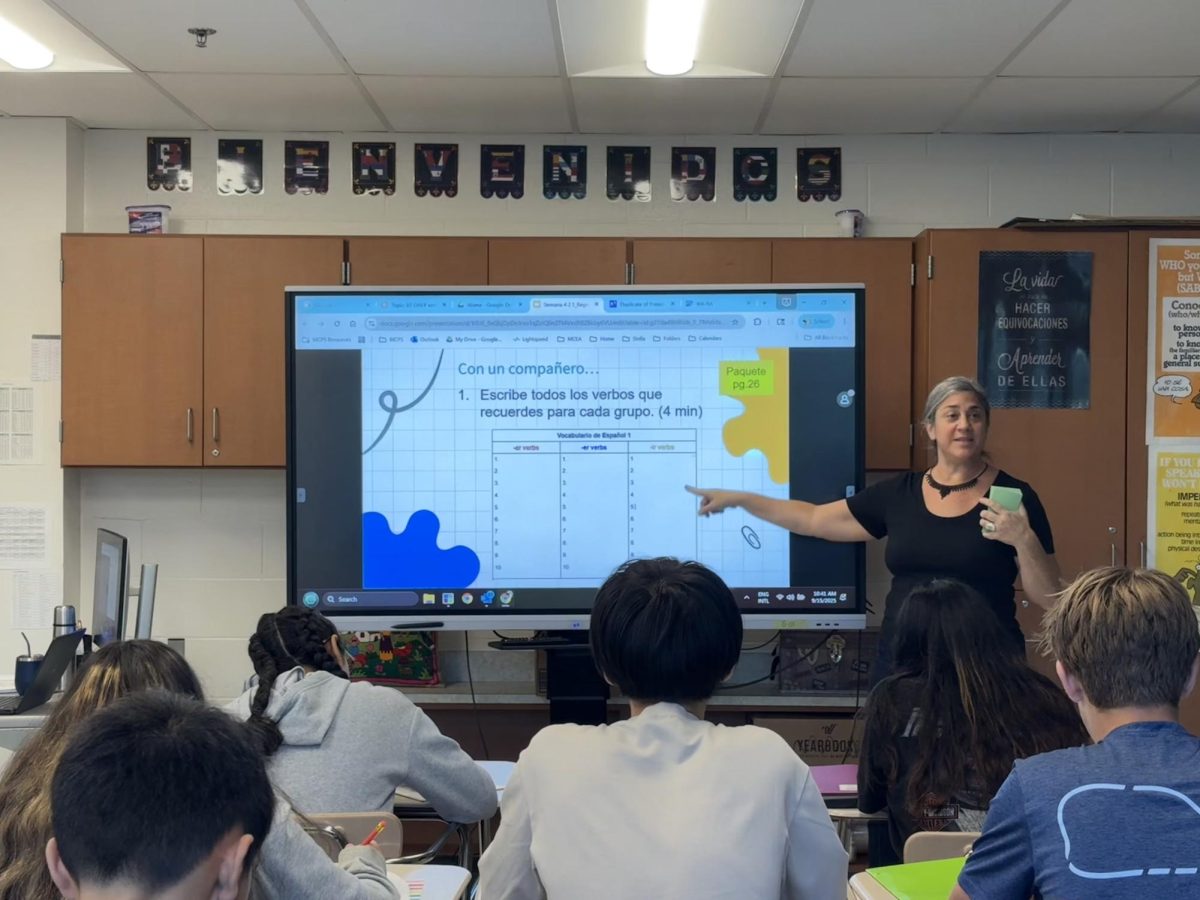Senior Ashely Kibet’s parents have high expectations of her when it comes to school, which she’s constantly trying to live up to. On the other hand, senior Dennis Erickson’s parents don’t have as high of expectations for him. Instead, he sets expectations for himself and his parents play more of a supporting role. Teenagers’ relationships with their parents have their ups
and downs. Despite this, everyone has different types of parents and they deal with them differently.
When it comes to school expectations, most parents always want the best for us. There are some that set higher expectations than others. There are also parents who give their children greater degrees of freedom.
Junior Evan Calhoun’s parents expect him to achieve in school but they still respect his independence.
“They have high expectations but they let me have my degree of autonomy,” Calhoun said.
Parent’s relationships with their children are always defined by how close they are with their kids, and how much they can truly talk to them, and get their kid to open up.
Kibet is open with her parents about her problems but she chooses her topics carefully.
“I can talk to them about problems but there’s a limit on when to stop,” Kibet said.
Freshman Enia D’Agnese is closer to her mom more than her dad and shares her more personal problems with her mom.
“I feel like I can talk to my mom about more personal things than my dad because we have had a strong connection since I was little,” D’Agnese said.
Often times, a kid may end up building a stronger relationship with one parent than with the other. Senior Shannon Engle has had problems with her dad that they are currently working on. On the contrary, her relationship with her mom is stronger than ever.
“I’m close with my mom. She cries when we talk about me going away for college. We’re like friends. I have a complicated relationship with my dad but we’re getting better,” Engle said.
While D’Agnese and Engle feel closer with their moms, Junior Elias Eberhart feels very close to his dad especially because they have the same interests.
“My dad and I can talk about sports and other things because I feel like I relate with him because he is a guy as well,” Eberhart said.
Another problem teenagers face with their parents is the generational gap. Gen Z is, arguably, the most liberal rebellious generation of all. While most parents agree with their kids on some issues, there are still issues where beliefs differ. Senior Fernando Farrell faces this problem with his parents. Although he doesn’t agree with them most of the time, he still respects them and believes they care about him.
“I respect them and I appreciate them. They are caring. Sometimes I don’t agree with them on things but I know they have my best interest at heart. They are traditional and we sometimes don’t agree on issues.” Farell said.















